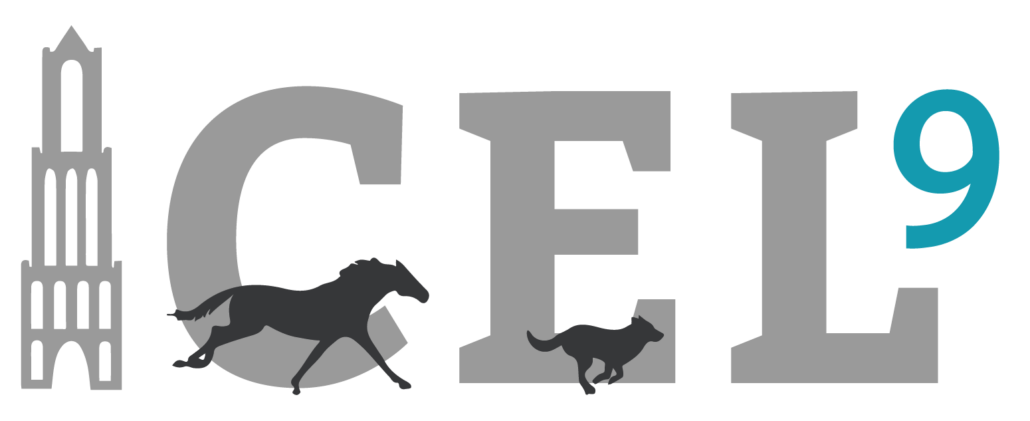Keynote Speakers of ICEL9
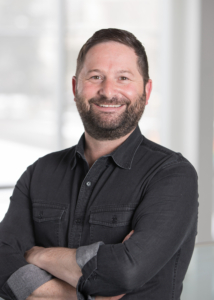
Brent Edwards
Dr. Edwards is an Associate Professor within the Faculty of Kinesiology at the University of Calgary with joint appointments in the Cumming School of Medicine and Schulich School of Engineering. He is the Associate Director of the Biomedical Engineering Graduate Program, a founding member of the newly formed (January 2022) Department of Biomedical Engineering, and an Executive Council Member of the McCaig Institute for Bone and Joint Health. Dr. Edwards was named Co-Director of the Human Performance Lab at the University of Calgary in 2022 and has served as Secretary General for the International Society of Biomechanics since 2017.
Dr. Edwards’ research examines the fundamental mechanisms of fracture and fatigue in bone associated with mechanical loading and therapeutic drugs. This work spans multiple dimensional scales, from basic experiments at the tissue level that enhance our understanding of the mechanical fatigue process, to clinical treatments and interventions to improve tissue quality and decrease fracture risk. Dr. Edwards’ lab is internationally renowned for their work focused on stress fracture prediction, which combines biomechanical experimentation with advanced medical imaging and computational modeling to investigate in vivo bone mechanics in a non-invasive and subject-specific manner.
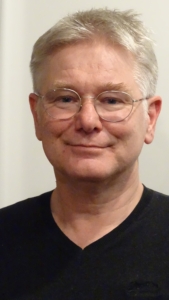
Jaap van Dieën
Jaap van Dieën obtained his PhD from the ‘Vrije Universiteit Amsterdam’ in the Netherlands in 1993. He is currently professor of biomechanics and department head of the department of Human Movement Sciences at this university. He leads a research group focusing on the neuromechanics of ageing and musculoskeletal and movement disorders. His research is centered around three themes: 1) control of trunk posture and movement, 2) control of balance and gait stability and 3) the development of clinically applicable algorithms and instrumentation. He focuses on experimental work based on movement analysis, inverse dynamics and electrophysiological measurements. Jaap van Dieën has (co-) authored over 500 papers in international scientific journals and has successfully supervised over 60 PhD students.
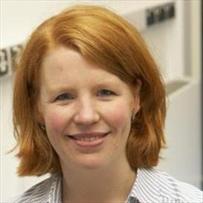
Emma Hodson-Tole
Dr. Emma Hodson-Tole is Professor of Neuromuscular Biomechanics in the Department of Life Sciences at Manchester Metropolitan University. Her research investigates the functional relationships between anatomical, mechanical and physiological characteristics of skeletal muscle in healthy humans and those living with neurodegenerative diseases, such as motor neurone disease (MND or ALS). She has supported development and application of new approaches to extract information from, and combine the use of, ultrasound imaging and electromyographic data. The aim of her research is to improve measurement and monitoring of skeletal muscle health and behaviours, and to improve understanding of neuromuscular mechanics.
Her work is inspired by a life-long fascination in how animals move and, prior to joining Manchester Metropolitan, her early training was in equine science and comparative animal biomechanics. She obtained her PhD in biomechanics and muscle physiology from The University of London (The Royal Veterinary College, UK) and worked as a postdoctoral research fellow in The School of Applied Physiology at Georgia Institute of Technology (USA), before being awarded a Sir Henry Wellcome Postdoctoral Fellowship, from The Wellcome Trust, and returning to the UK to work at Manchester Metropolitan.
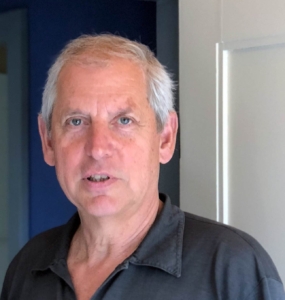
Martin S. Fischer
Martin S. Fischer was Full Professor and Director of the Institute of Zoology and Evolutionary Research at the University of Jena from 1993 to 2021. He is a senior professor since October 2021. He received his diploma in biology and his PhD in zoology from the University of Tübingen, Germany; he was a postdoctoral fellow in the Department of Human Anatomy at the University of Frankfurt am Main and an assistant professor in Tübingen. He has a keen interest in functional morphology and combines experimental approaches using a wide range of experimental set-ups with classics such as comparative anatomy. One of his main concerns is to understand the evolution of movement systems. He incorporates computer modelling, biomechanics and even robotics into his research. He has taken high-speed fluoroscopy to a new level and, together with many collaborators, applied it to a variety of tetrapods. He has also been a museum director and initiates and participates nationally in projects for the future of scientific collections. He has served as Dean of his Faculty and Senator of the University for many years. His canine work focuses on the locomotor system of dogs and studies of their mastication. He is a member of the Scientific Advisory Board of the German Kennel Club (VDH) and works with various partners in veterinary science. The Department of Veterinary Science at the University of Giessen (Germany) has awarded him an honorary doctorate for his achievements in his field. He is also chairman of the Society for Cynological Research.
